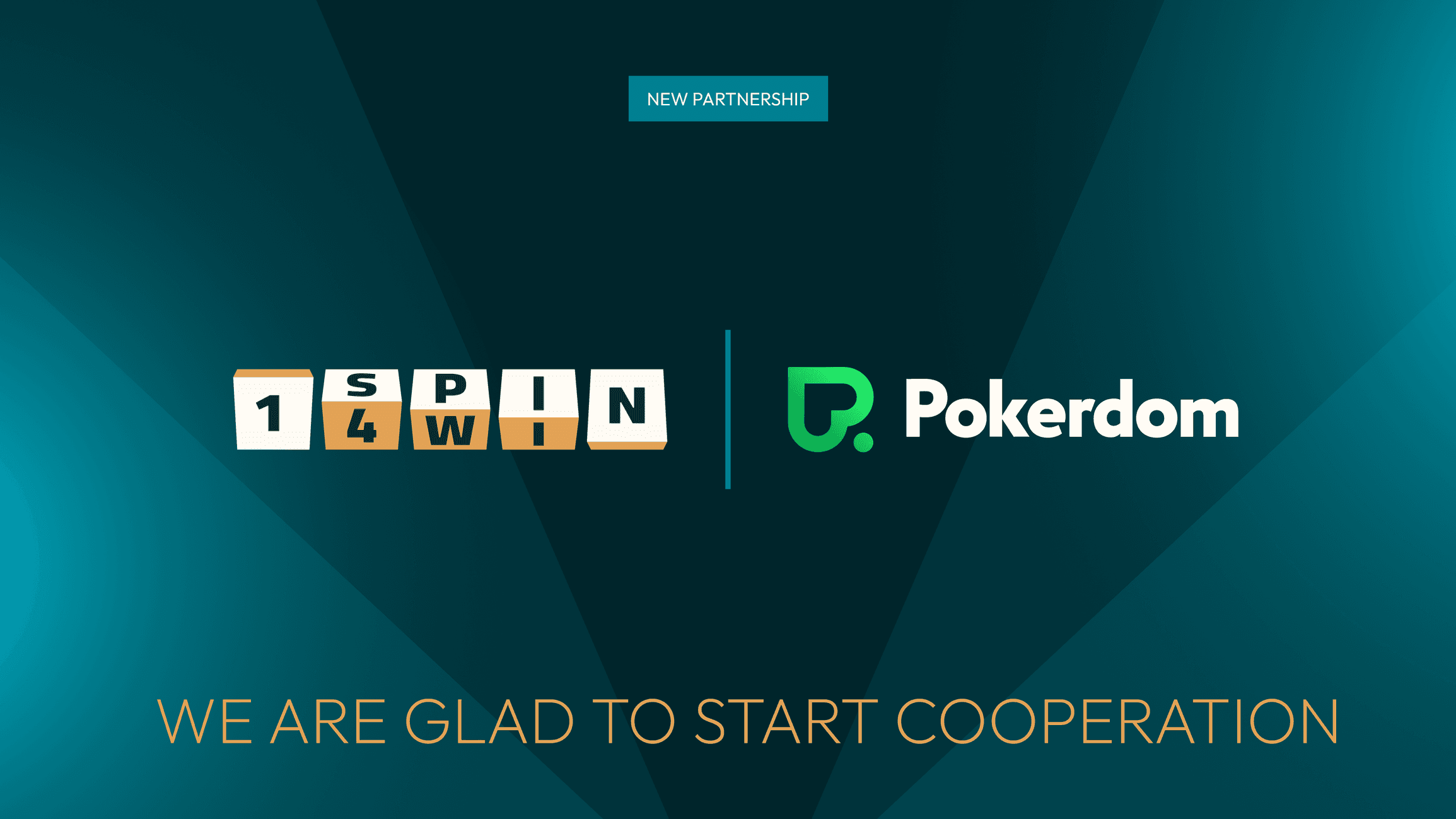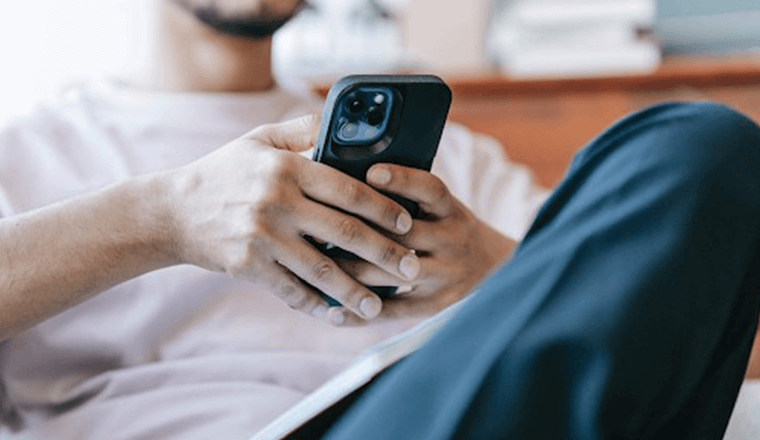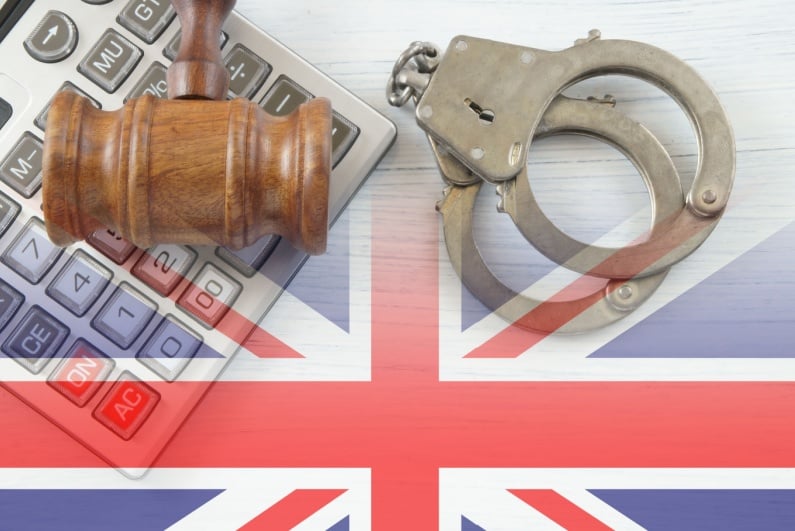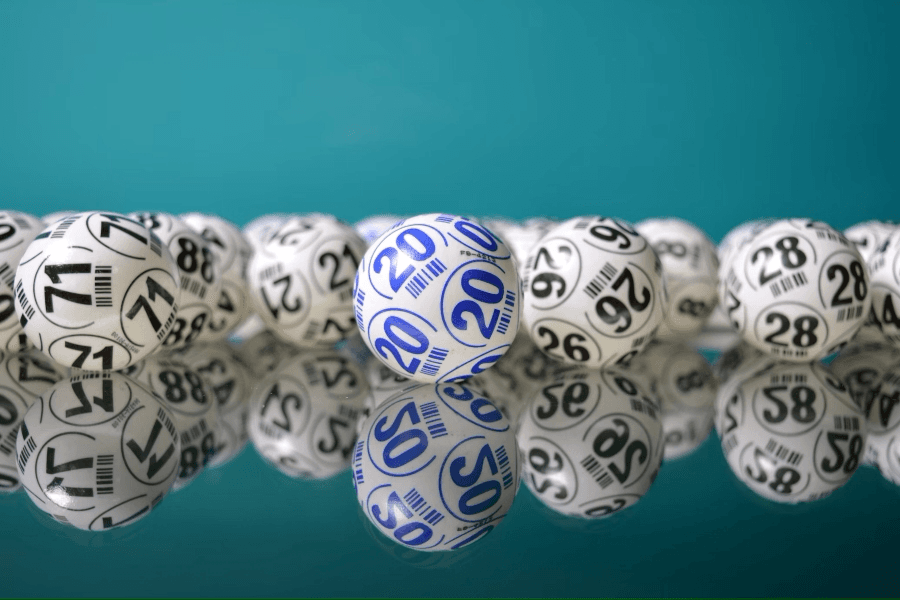A: That's the common misconception. Informed players actually make better customers. Our user surveys show that players who understand basic strategy have more realistic expectations and better bankroll management. They're less likely to chase losses irrationally or develop problematic gambling patterns. When players understand they're facing a 0.5% house edge instead of thinking it's 50-50, they make more rational decisions about session length and bet sizing.
Q: You have developed a free blackjack trainer app. What drove that decision?
A: Mathematics is fun!
We had a fun obsession with knowing whether we made the correct bet or fold at the correct time, based on whatever specific blackjack rules are in play. So that was the genesis of our free online blackjack trainer. (link to: https://usa-casino.com/blackjack-trainer/)
Interestingly, when recreational casino players use intuitive decision-making, they typically face a house edge of 2-4%. With perfect basic strategy, that drops to 0.5-0.6%. The mathematics of blackjack isn't opinion—it's provable fact. When you hold 16 against a dealer's 10, hitting gives you a 23% chance of not busting, while standing gives roughly a 23% chance of winning if the dealer busts. These are mathematical certainties, not casino marketing.
Helping players understand the best way to enjoy casino gambling is of benefit for players and affiliates too - as broke players cannot generate revenues!
Q: What specific rule variations does your trainer cover, and why do they matter?
A: The trainer handles all the major variations because optimal strategy changes dramatically with different rules. For example:
- 6:5 blackjack pay-outs versus 3:2 more than doubles the house edge—adding 1.4%
- Dealer hits soft 17 increases house edge by 0.2%, and suddenly doubling 11 against dealer ace becomes correct
- Double after split reduces house edge by 0.14%, so you should split more aggressively with pairs of 2s, 3s, 6s, and 7s
- Surrender options can reduce house edge by 0.6-0.7% when used correctly, yet most players never use it even in clearly losing situations
Q: What does your data tell you about how recreational players actually perform?
A: The numbers are stark. Only 12% of recreational players consistently follow basic strategy. Common errors include 67% incorrectly standing on soft 18 against dealer 9, 10, or ace, and 84% taking insurance despite it carrying a 7.4% house edge. Less than 30% can identify how rule variations affect optimal strategy. When players deviate from basic strategy, they're literally giving the house free money—hitting 12 against dealer 6 costs about 25 cents per $100 wagered.
Q: How does your app actually teach strategy differently than traditional strategy cards?
A: In US casinos, blackjack typically has a house edge of around 0.5% when basic strategy is employed, meaning the casino expects to keep about 0.5% of each bet over the long run. The player’s chances of winning a hand are roughly 42%, while the dealer wins about 49% of the time, and the remaining 9% of hands result in a tie (Source). [link: https://casinoindustrynews.com/features/usa-blackjack-statistics-popularity/#house-edge].
Interactive learning beats memorization. The app simulates different rule sets because strategy matrices change significantly between eight-deck versus single-deck games, dealer peek versus no peek rules, and whether re-split aces are allowed. It tracks decision accuracy and provides immediate feedback, letting players internalize correct strategy through repetition rather than trying to memorize charts.
Q: What can basic strategy actually accomplish, and what are its limits?
A: Let's be clear about what it can and cannot do. Basic strategy minimizes mathematical disadvantage, provides an optimal decision framework, and eliminates emotion-based errors. But it cannot overcome the house edge entirely, guarantee winning sessions, or replace proper bankroll management. Perfect basic strategy gets you to the theoretical minimum house edge—usually 0.43% to 0.65% depending on rules—but that's the mathematical limit without advantage techniques.
Q: Some critics might say you're still encouraging gambling. How do you respond?
A: People will always gamble, history has proven! We're encouraging mathematical literacy. The goal isn't to eliminate the house edge—that's mathematically impossible in fair games. The goal is ensuring players understand exactly what they're facing and make optimal decisions within those constraints. We're replacing folklore with facts, hunches with probabilities. That transparency ultimately serves everyone's interests.
Q: What's your vision for the future of player education in the gambling industry?
A: The industry benefits when players approach games with mathematical understanding rather than superstition. Poker is a great example, where poker solvers can calculate the game-theory optimal play in every conceivable situation - something that wasn't possible in the past.
Similarly, our own educational tools aim to create informed players who understand their mathematical disadvantage, not eliminate it. Players who grasp that they're fighting a 0.5% edge with perfect play, rather than believing they can "beat the house," make more rational decisions about entertainment spending. That's good for everyone—players enjoy the experience more, and operators build more sustainable relationships with their customers.
Q: Any final thoughts for recreational blackjack players?
A: Understand the mathematics. Whether you use our trainer or study basic strategy elsewhere, learn the optimal decisions for the specific rules you're playing. Know that perfect play minimizes but doesn't eliminate the house advantage. Set limits, stick to them, and treat the experience as entertainment with a mathematical cost. The house edge is transparent and quantifiable—there's no mystery or secret system. Armed with that knowledge, you can make the best possible decisions within the game's mathematical structure.



 14Hours ago
14Hours ago














